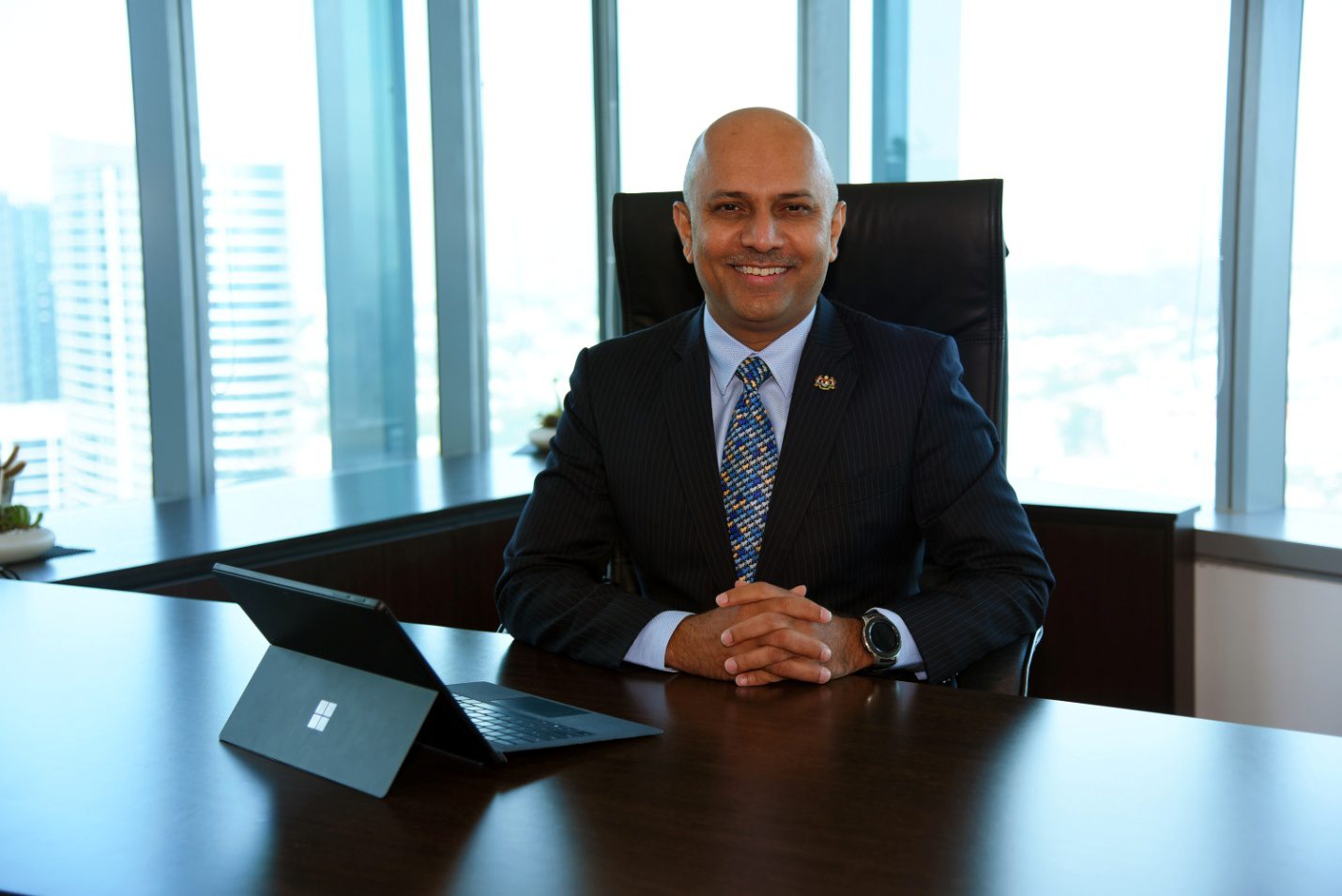Over the past decade, Malaysia has gained a reputation as a safe and trusted healthcare travel destination for healthcare travellers across differing backgrounds and all ages. Malaysia Healthcare has demonstrated unparalleled commitment to improving the health of healthcare travellers through its world-class quality healthcare, easily accessible, and comparatively affordable service offerings for the patient’s peace of mind.
Malaysia has grown as an increasingly preferred destination for healthcare travellers seeking fertility, cardiology, oncology, and Hepatitis C related medical treatments, owing to the experienced medical experts, availability of state-of-the-art technology and high-quality treatment options with good clinical outcomes and the overall seamless end-to-end patient experience offered.

Mohd Daud Mohd Arif, CEO of Malaysia Healthcare Travel Council
Fertility Hub of Asia – Giving Hope to Dreams
As the Fertility Hub of Asia, Malaysia has been an increasingly preferred healthcare destination for fertility treatments, experiencing a revenue growth of 67% between 2015 to 2019 from the China market alone, with healthcare travel contributing a total of 125% year-on-year (YoY) revenue growth from 2017 to 2018.
With advanced treatments such as AI technology for fertility viability testing being made available, fertility facilities in Malaysia report high success rates such as 82.9% through transfer of a single good graded euploid blastocyst, and 68% in embryo transfers for women above 41 years of age with Preimplantation Genetic Testing (PGT) -source. Furthermore, out of 30 fertility centres worldwide that have International RTAC accreditation, eight are in Malaysia.

Fertility treatments in Malaysia are also reasonably priced at USD4,000 – USD5,000 per cycle. Patients who seek healthcare in Malaysia will benefit from a holistic and seamless end-to-end journey experience, where they can expect to receive top-quality care at every phase of their journey, from pre to post treatment.
Cardiology Hub of Asia
Malaysia’s history in cardiology begins in the 1960s, marking the beginning of cardiothoracic surgical services in Malaysia. Soon after, the National Heart Association (Institut Jantung Negara, or IJN) of Malaysia was established to further expand the country’s expertise on cardiovascular diseases through education, research, and healthcare policies. As we progressed into the 1990s, heart care became available at private healthcare institutions with IJN progressing with world-class breakthroughs in heart care. Since its establishment in 1992, the IJN has treated over 4 million patients from various countries around the globe.
With an abundance of world-class hospitals with strong reputations in cardiac care, coupled with the best medical expertise, technologies, and staff, Malaysia is positioned as the Cardiology Hub of Asia where healthcare travellers can access world-class quality heart care at competitive prices.

Malaysia is also the home to the first hospital outside of the United States of America to implant the Micra AV pacemaker, an implantable device for the treatment of a slow heart rate via pacing. The country is also the heart centre in the APAC region that was the first to have performed a successful “Bio-absorbable Pulmonary Valve (PV) Conduit” implant on three children with congenital heart defects (the 5th, 6th and, 7th patient in the world to undergo this surgery) source.
Cancer Care Centre of Excellence
Aside from being recognised as the Cardiology and Fertility Hubs of Asia, the country is also gaining international reputation as the Cancer Care Centre of Excellence (Cancer COE), with Malaysia emerging as the third most prepared country in the Asia Pacific to battle cancer in a study conducted by The Economist Intelligence Unit (The EIU).

Malaysia is home to 128 medical and clinical oncologists in both the public and private sectors who are equipped to cater to demand. Out of 79 MHTC member hospitals, more than 30 hospitals focus on multiple types of cancer, including breast, lung, nasopharyngeal, colorectal and lymphoma. Furthermore, cancer treatments in Malaysia also heavily focuses on palliative care for end-stage cancer, and rehabilitation for cancer survivors. It has access to the latest medical drugs that are not readily available in other parts of Southeast Asia while keeping the treatments affordable.
Hepatitis C Treatment Hub of Asia
In response to the World Health Organisation’s (WHO) mission to reduce new viral hepatitis infections by 90% by 2030, Malaysia is paving the way as the Hepatitis C Treatment Hub of Asia providing accessible, affordable, and efficacious treatment options.
Hepatitis C is known as a silent disease and has affected around 58 million people globally. Many are oblivious of this condition, its symptoms, and lack of access to getting the necessary treatment solutions. If left untreated, Hepatitis C can lead to chronic diseases such as liver cirrhosis and liver cancer. As such, it is important to Test, Treat and Cure by taking preventive care through Malaysia Healthcare’s premium healthcare screenings.

Malaysia will open its borders on the 1st of April 2022 and looks forward to the day where borders around the world will also be fully reopened. The country is ready to welcome healthcare travellers seeking medical care within a safe and trusted destination to Experience Malaysia Healthcare. More info can be obtained from https://www.malaysiahealthcare.org.












